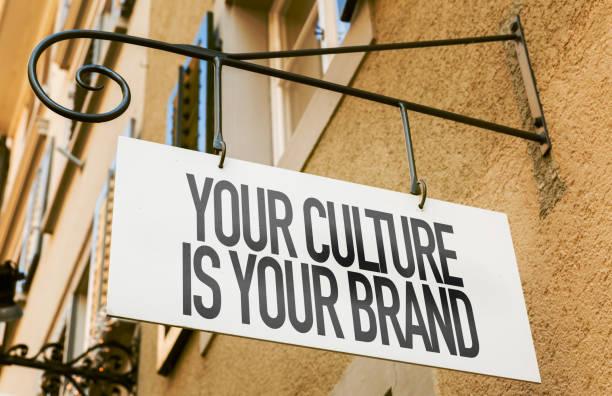Festivals and celebrations are a vital part of cultural expression around the world, often reflecting the history, beliefs, and values of the people who celebrate them. Here are some important festivals from various cultures, along with their significance:
1. Diwali (India)
- Significance: Known as the Festival of Lights, Diwali celebrates the victory of light over darkness and good over evil. It commemorates the return of Lord Rama to Ayodhya after defeating the demon king Ravana.
- Traditions: Lighting oil lamps (diyas), decorating homes, fireworks, and sharing sweets and gifts.
2. Chinese New Year (China)
- Significance: Also known as the Spring Festival, it marks the beginning of the lunar new year and is a time to honor ancestors and deities.
- Traditions: Family reunions, feasting, dragon and lion dances, giving red envelopes with money (hongbao), and setting off fireworks.
3. Christmas (Christianity)
- Significance: Celebrates the birth of Jesus Christ and is a time for family gatherings, giving gifts, and spreading joy.
- Traditions: Decorating Christmas trees, exchanging gifts, attending church services, and sharing festive meals.
4. Eid al-Fitr (Islam)
- Significance: Marks the end of Ramadan, the Islamic holy month of fasting. It is a time for gratitude, feasting, and charity.
- Traditions: Performing special prayers, giving to charity (zakat al-fitr), and enjoying festive meals with family and friends.
5. Hanukkah (Judaism)
- Significance: The Festival of Lights commemorates the rededication of the Second Temple in Jerusalem and the miracle of the oil that lasted eight days.
- Traditions: Lighting the menorah, playing the dreidel game, and eating foods fried in oil, such as latkes and sufganiyot.
6. Carnival (Brazil)
- Significance: A pre-Lenten festival characterized by parades, music, dancing, and elaborate costumes. It reflects Brazil's cultural diversity and festive spirit.
- Traditions: Samba parades, street parties, and wearing colorful costumes.
7. Lunar New Year (East Asia)
- Significance: Celebrated in countries like China, Vietnam, and Korea, it marks the start of the lunar calendar and is a time for honoring ancestors and family reunions.
- Traditions: Similar to Chinese New Year, with regional variations in food, decorations, and customs.
8. Día de los Muertos (Mexico)
- Significance: The Day of the Dead honors deceased loved ones and celebrates their memory with joy and reverence.
- Traditions: Creating altars (ofrendas) with photos, candles, and favorite foods of the deceased, visiting graves, and making sugar skulls and marigold decorations.
9. Songkran (Thailand)
- Significance: The Thai New Year festival, known for its water fights and cleansing rituals, symbolizes the washing away of bad luck and welcoming the new year.
- Traditions: Splashing water, visiting temples, and making merit by giving alms to monks.
10. Thanksgiving (USA and Canada)
- Significance: A harvest festival that gives thanks for the year's blessings and is celebrated with a focus on family and gratitude.
- Traditions: Feasting on turkey and other traditional foods, expressing gratitude, and spending time with family.
11. Holi (India)
- Significance: The Festival of Colors celebrates the arrival of spring, the victory of good over evil, and the joy of human connections.
- Traditions: Throwing colored powders, singing and dancing, and sharing festive foods.
12. Mid-Autumn Festival (China)
- Significance: Also known as the Moon Festival, it celebrates the harvest and the full moon, symbolizing reunion and harmony.
- Traditions: Eating mooncakes, gazing at the moon, and participating in lantern parades.
13. Easter (Christianity)
- Significance: Celebrates the resurrection of Jesus Christ, symbolizing hope and renewal.
- Traditions: Attending church services, Easter egg hunts, and sharing festive meals.
14. Tet (Vietnam)
- Significance: The Vietnamese Lunar New Year, similar to Chinese New Year, marks the arrival of spring and is a time for family reunions and honoring ancestors.
- Traditions: Cleaning homes, preparing special foods, giving lucky money, and visiting family and friends.
15. Nowruz (Persian New Year)
- Significance: Celebrated by various cultures in the Middle East and Central Asia, Nowruz marks the spring equinox and the beginning of the Persian New Year, symbolizing renewal and rebirth.
- Traditions: Setting the Haft-Seen table with seven symbolic items, visiting family, and enjoying festive meals.
These festivals and celebrations highlight the rich tapestry of human culture, reflecting the unique histories, values, and beliefs of different societies around the world.
AfriPrime App link: FREE to download...


